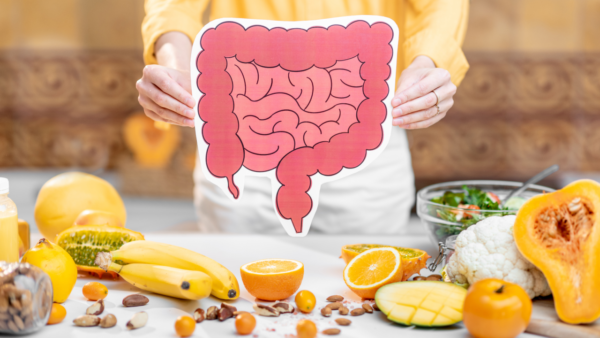SIBO (Small Intestine Bacterial Overgrowth Syndrome) is a condition in which there is an excessive growth of bacteria in the small intestine. This is why it should be taken into account whether taking dill can encourage this bacterial overgrowth, thus worsening the discomfort, gas, etc. inflammation, On the contrary, does it contribute? its improvement. The statement mentions an array called “undefined”, so I can’t provide information on that specific topic. However, can I answer? Your question about the nutritional properties of? dill? their classification in food groups, as well as their impact on the overgrowth of harmful bacteria in the intestines. SIBO. Dill is an aromatic herb that is commonly used as a seasoning in cooking. Is it rich in nutrients? Does it contain vitamins A, C? K, as well as minerals such as calcium, iron, manganese. It also contains antioxidant compounds that can help Protect the body against free radical damage. How much? Its classification as food groups, dill is considered an herb and therefore is not classified as a specific food group. However, it can be included in a balanced diet as part of herbs. spices used to enhance the flavor of foods. As for the overgrowth of harmful bacteria in the intestines? SIBO, there is no scientific evidence to support the use of? dill as a specific treatment for this condition. However, some herbs? Spices, including dill, have traditionally been used ?to help ? relieve digestive symptoms, such as bloating? indigestion. It is believed that the compounds present in dill may have antimicrobial properties. anti-inflammatory that could be beneficial for the digestive system in general. It is important to note that if you have concerns about overgrowth of harmful bacteria in the intestines, SIBO, is it advisable to consult? a health professional, like a doctor? registered dietitian, ?to obtain a proper diagnosis? a personalized treatment plan.
How does consuming dill affect SIBO?
Dill is an aromatic herb that is commonly used as a condiment in various culinary preparations. In relation to Syndrome? Small Intestine Bacterial Overgrowth (SIBO), dill consumption is generally not considered problematic in terms of fermentable carbohydrates (FODMAPs) that could affect bacterial growth in the small intestine. Here are some general considerations about how consuming dill might affect SIBO: Use as a seasoning: Dill is used in small amounts as a seasoning in dishes. culinary preparations. Since it is used in small quantities, its impact on SIBO in terms of fermentable carbohydrates should be minimal. Possible beneficial effect: Some herbs? Spices, including dill, have been studied for their possible benefits to gastrointestinal health. Dill has been associated in some studies with antioxidant properties. anti-inflammatory, which could have a positive impact on people with SIBO. Individual tolerance: People with SIBO may have different levels of tolerance. certain foods? condiments. If dill has not caused problems in the past, it likely will not have a negative impact on SIBO. Professional advice: If you are considering including dill or other seasonings in your diet? If you have SIBO, it is important to talk to a qualified health professional before doing so. A dietitian specialized in gastroenterology will be able to provide you with appropriate guidance based on your individual situation. on the severity of your SIBO. Occasional consumption of dill as a condiment is generally not considered problematic in relation to SIBO. Additionally, dill may have beneficial properties for gastrointestinal health. However, as with any dietary change, it is important to seek medical guidance if you have pre-existing health conditions such as SIBO. Self-administration of food Supplements without professional guidance can have unpredictable results? potentially risky. In general terms, a diet low in fermentable carbohydrates is recommended to improve SIBO, since these carbohydrates are easily fermented by bacteria in the intestine. can you contribute? the symptoms of? SIBO, this is also why it is usually recommended to increase the consumption of proteins, dairy products, as well as some vegetables, strong> fruits ? herbs that are low in carbohydrates. That said, it is advisable if you know if it can take dill ?n your specific case, to go ? a specialistwho will perform the tests? appropriate treatment? your circumstances, in addition to being able to check if you have any food intolerance that could affect consuming dill? worsen the symptoms of? SIBO.
